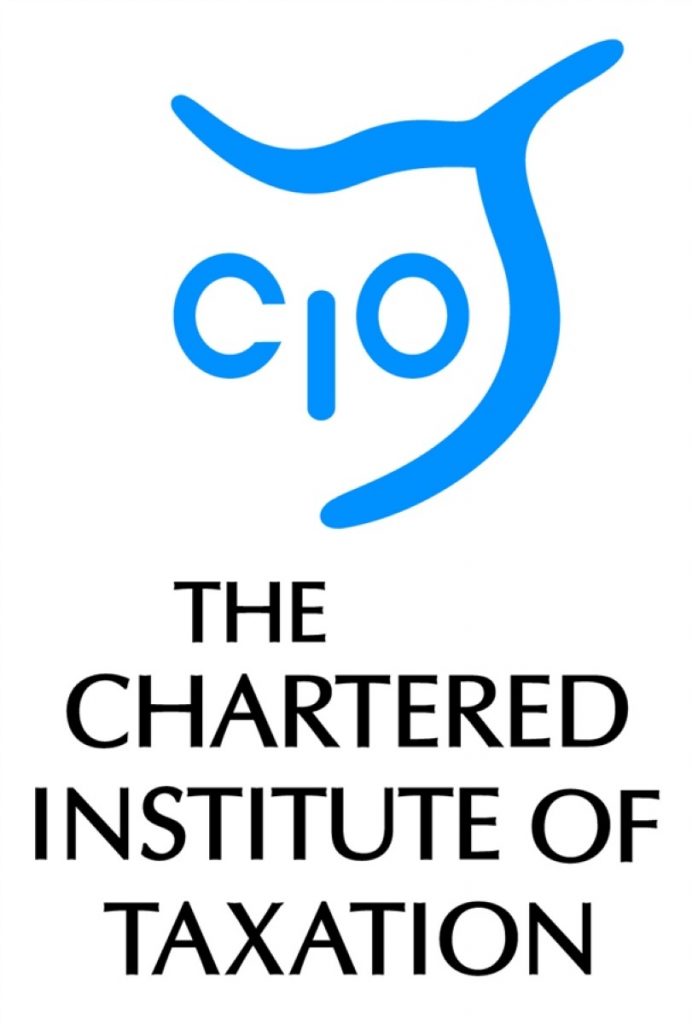Low Incomes Tax Reform Group: Tax experts issue guide to PAYE tax calculations
The Low Incomes Tax Reform Group have issued a comprehensive guide to enable taxpayers who receive letters from HMRC informing them they have underpaid or overpaid tax in the 2012-13 tax year to check their calculations and take action, where appropriate.
Last week, HMRC started sending out the first PAYE calculations for 2012-13, some of which will now have hit taxpayers’ doormats and could be causing concern.
Anyone who receives one, be it a refund or a notification that HMRC believe extra tax is owed, should be proactive in checking it.
LITRG’s full guide is available to help with this and can be accessed via the link: http://www.litrg.org.uk/News/2013/paye-calc-2013
The guide includes:
- How to check the calculation
- Examples of the letters taxpayers could write in response to receipt of a tax calculation
- A guide to ESC A19, an Extra-Statutory Concession under which HMRC will sometimes write off arrears of tax
- A guide to when HMRC should investigate whether someone’s employer or pension payer should be asked to pay tax arrears rather than them
- A guide to when someone can challenge an underpayment shown on a PAYE tax calculation where they feel HMRC have given them misleading or incorrect information or advice
Crucially, if taxpayers are claiming that ESC A19 applies, they should not be tempted to pay off any PAYE underpayment before their application has been considered. If they do clear it, HMRC will claim that there are no longer any arrears in respect of which ESC A19 can apply, and refuse to consider the concession. If taxpayers do decide to pay something towards the arrears, they must make sure HMRC know that it is a payment on account and made without prejudice to the A19 claim.
Introducing the guide, LITRG’s chairman, Anthony Thomas, said:
“People receiving tax calculations from HMRC should always check they are correct. As HMRC have largely dealt with the backlog of earlier years’ reconciliations, most people being notified of underpaid tax for 2012-13 will have to pay. But there might be some instances where employers, pension providers or HMRC have made errors where there is a case for challenging the calculation.
“The key message is that all calculations should be checked and action taken relevant to the individual circumstances, as taxpayers could be missing out on claims. If people do owe tax, they should investigate their payment options. Those on low incomes should check whether any tax they may have to pay has any effect on their entitlement to means-tested benefits and they should tell HMRC as soon as possible if paying tax is likely to cause severe hardship.”
Contact
George Crozier on 020 7340 0569/07740 477374 or James Knell on 020 7340 2702/07532 274013 (gcrozier@tax.org.uk / jknell@tax.org.uk)
Notes to editors
1. In the last week, HMRC started the PAYE reconciliations process for 2012-13 which will generate refunds or underpayments for taxpayers in receipt of a calculation – a ‘P800’. HMRC expect this automated process to be completed by the end of October 2013. http://www.hmrc.gov.uk/news/paye-tax-calcs.htm
2. Reconciliations are not necessarily caused by errors in the system. However, in a limited number of cases, errors could have been made, which may give cause for challenging the calculations. Individuals are advised to review their circumstances carefully, with the help of a tax professional if necessary.
3. LITRG are keen for their guidance to have the widest possible circulation and media outlets are encouraged to link to it and to reproduce extracts from it, provided these are attributed to LITRG.
4. Experts from LITRG are available for interview or to provide background information. Please contact them via the contact details at the top of the page.
5. The Low Incomes Tax Reform Group (LITRG) is an initiative of the Chartered Institute of Taxation (CIOT) to give a voice to the unrepresented. Since 1998 LITRG has been working to improve the policy and processes of the tax, tax credits and associated welfare systems for the benefit of those on low incomes.
6. The Chartered Institute of Taxation (CIOT) is the leading professional body in the United Kingdom concerned solely with taxation. The CIOT is an educational charity, promoting education and study of the administration and practice of taxation. One of our key aims is to work for a better, more efficient, tax system for all affected by it – taxpayers, their advisers and the authorities. The CIOT’s work covers all aspects of taxation, including direct and indirect taxes and duties. Through our Low Incomes Tax Reform Group (LITRG), the CIOT has a particular focus on improving the tax system, including tax credits and benefits, for the unrepresented taxpayer.
The CIOT draws on our members’ experience in private practice, commerce and industry, government and academia to improve tax administration and propose and explain how tax policy objectives can most effectively be achieved. We also link to, and draw on, similar leading professional tax bodies in other countries. The CIOT’s comments and recommendations on tax issues are made in line with our charitable objectives: we are politically neutral in our work.
The CIOT’s 16,800 members have the practising title of ‘Chartered Tax Adviser’ and the designatory letters ‘CTA’, to represent the leading tax qualification.





-01.png)